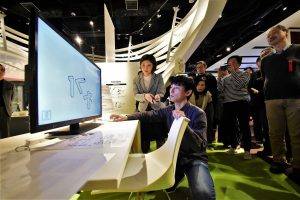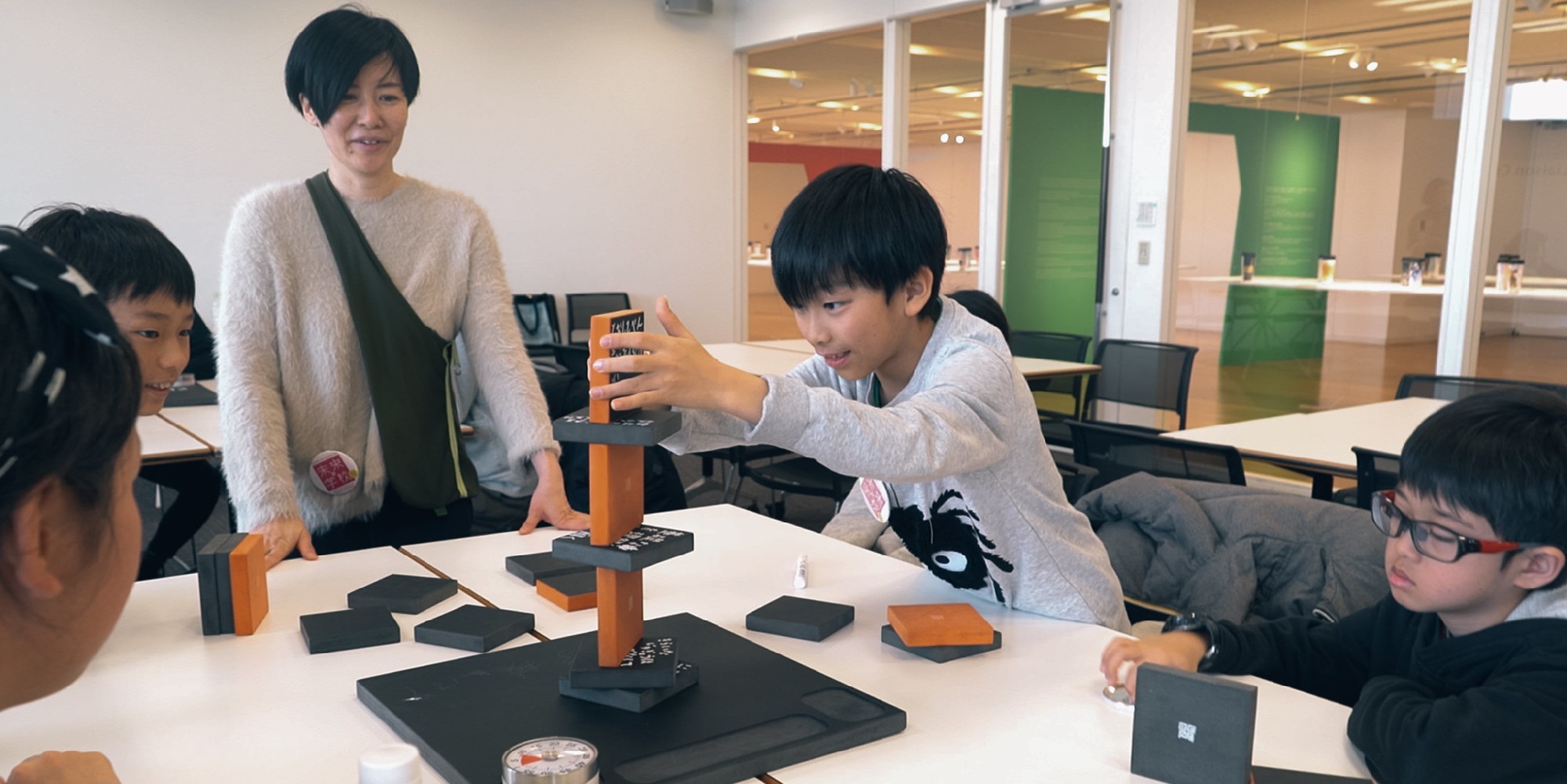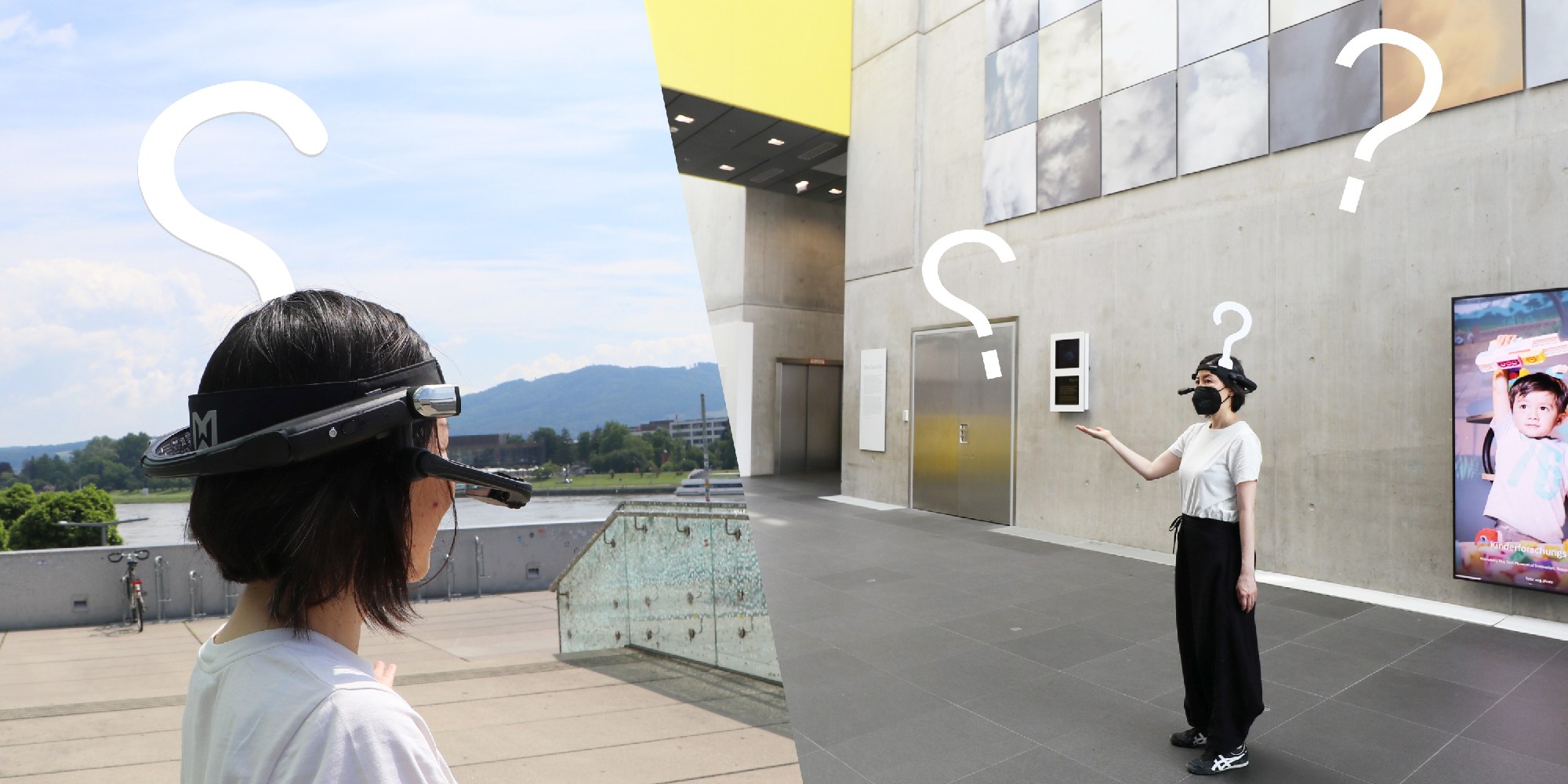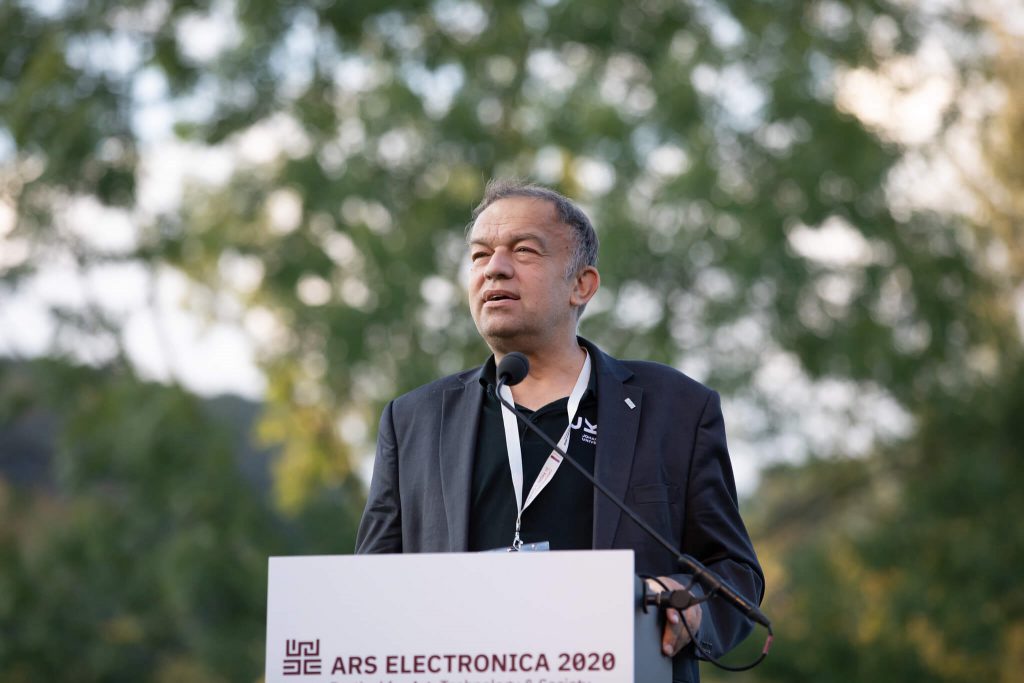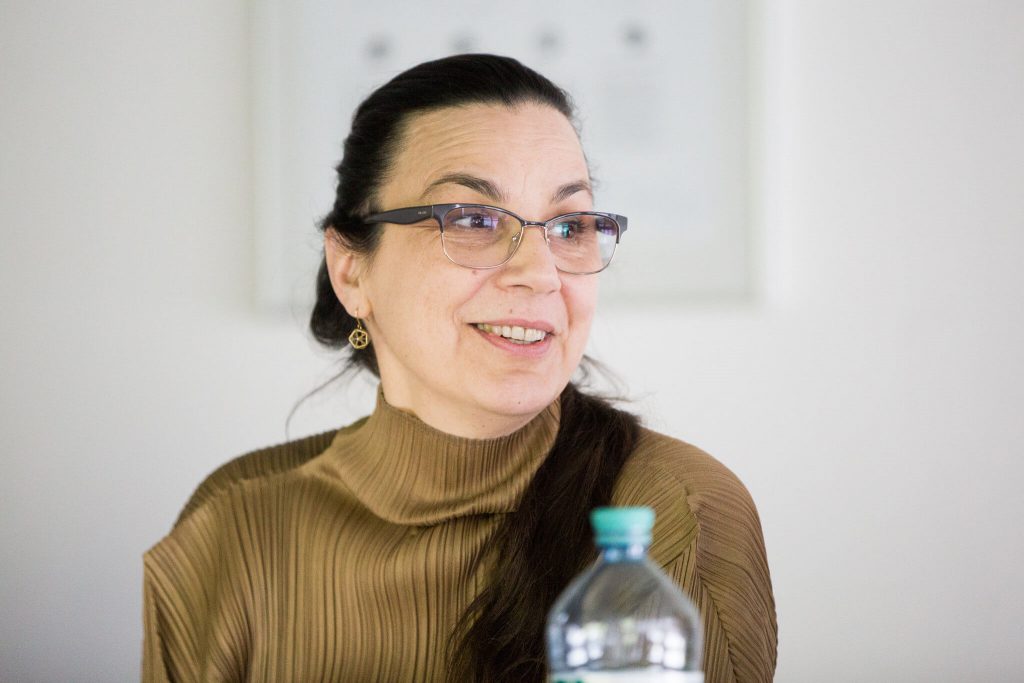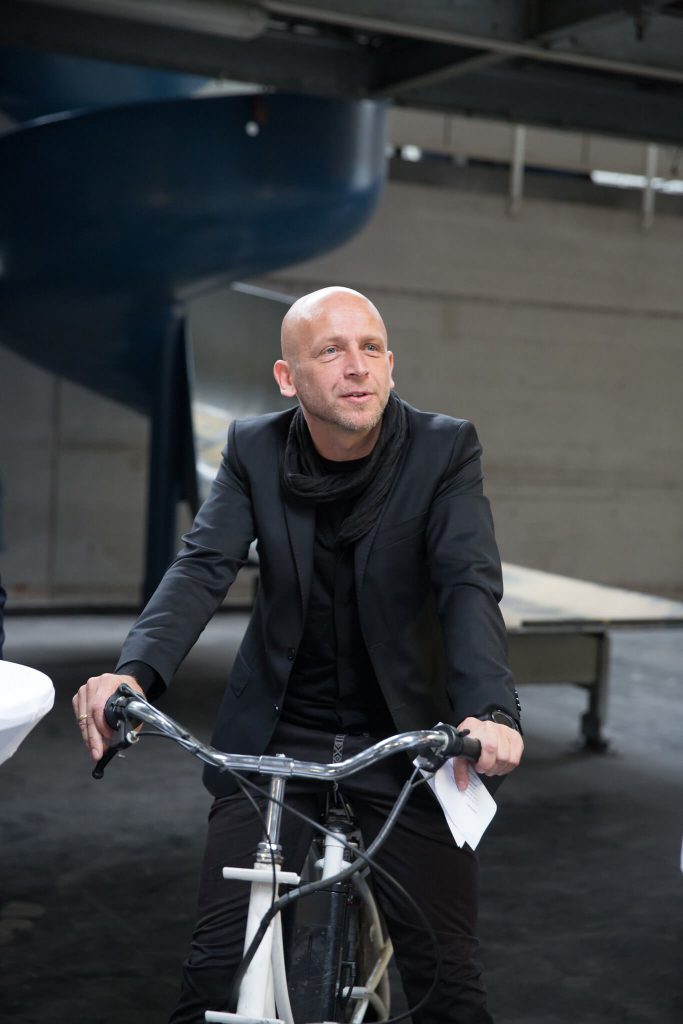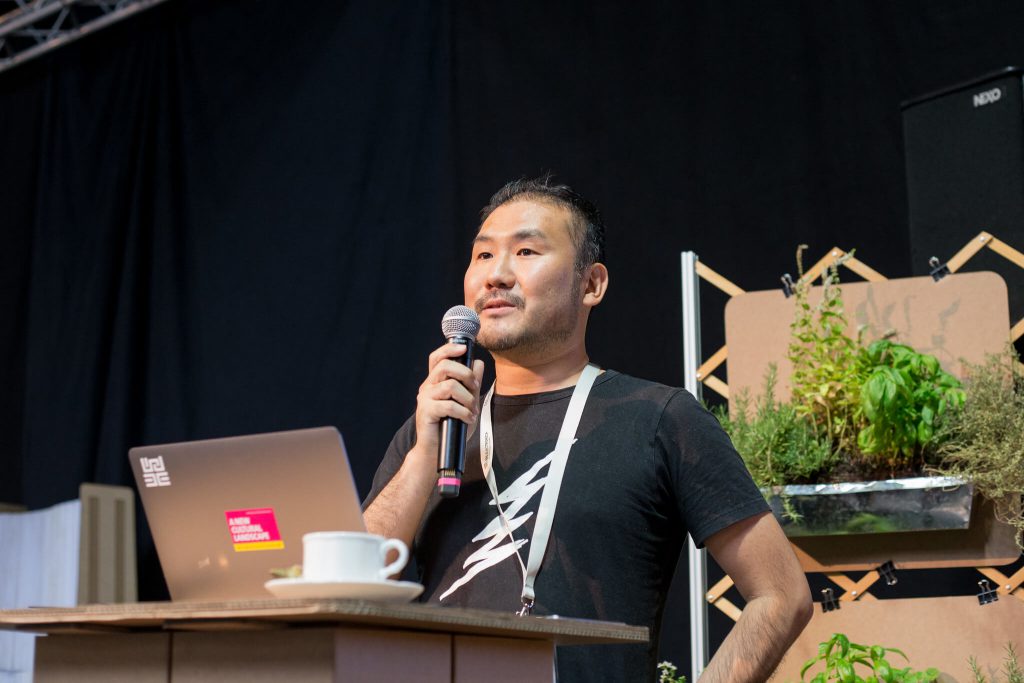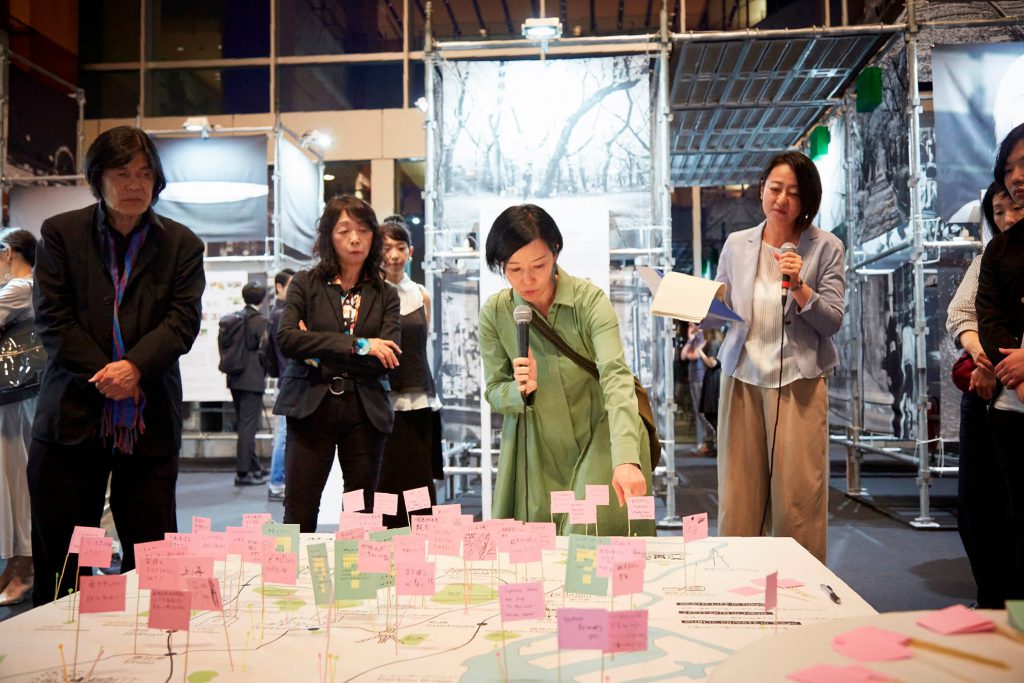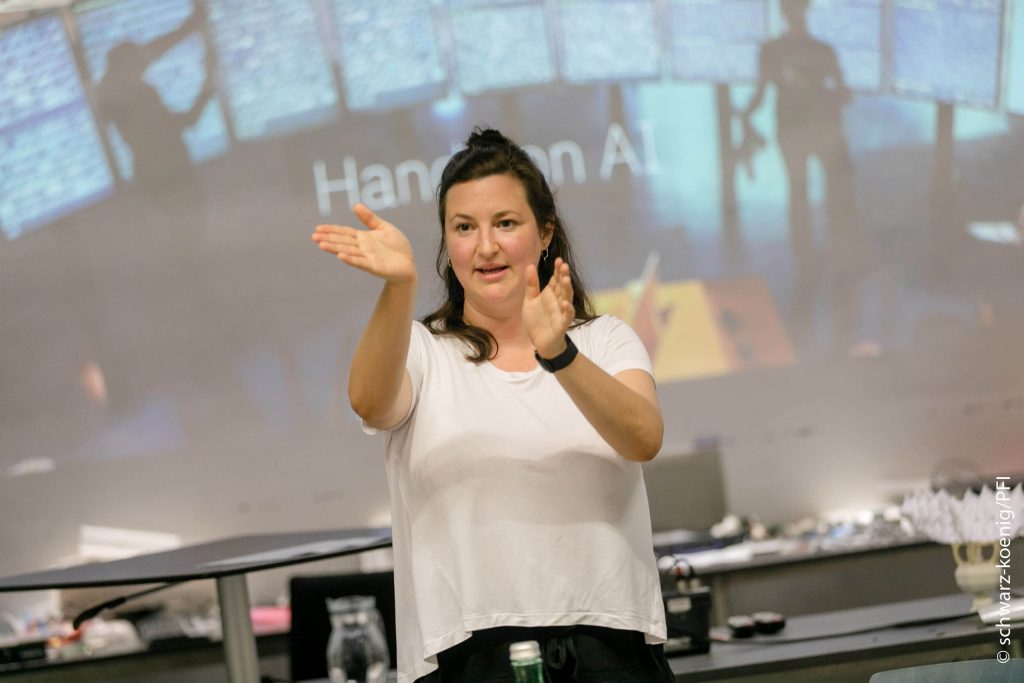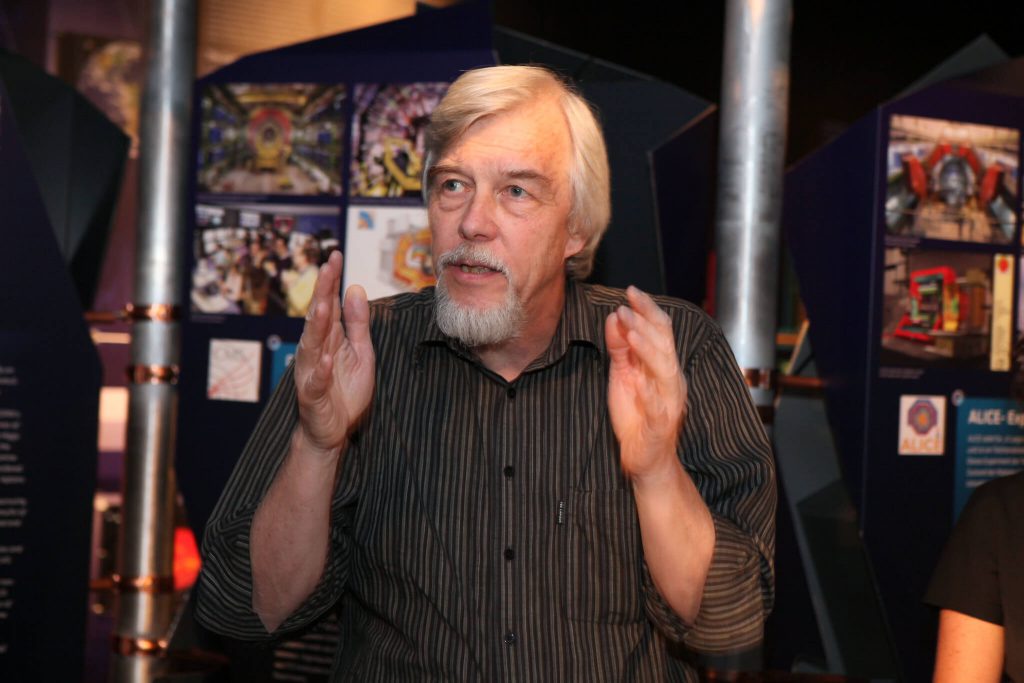Shadowgram
A tool for combining the aesthetic entertainment of creating a physical object, a sticker cut out in the shape of your shadow with the intention of participating in social brainstorming. A person stands behind an illuminated screen and is photographed, the result is a shadow image. The shadow image is printed and cut out on an adhesive label. This sticker can be placed on a prepared wall, that displays certain scenarios and completed with a speech bubble for individual comments.
read more
